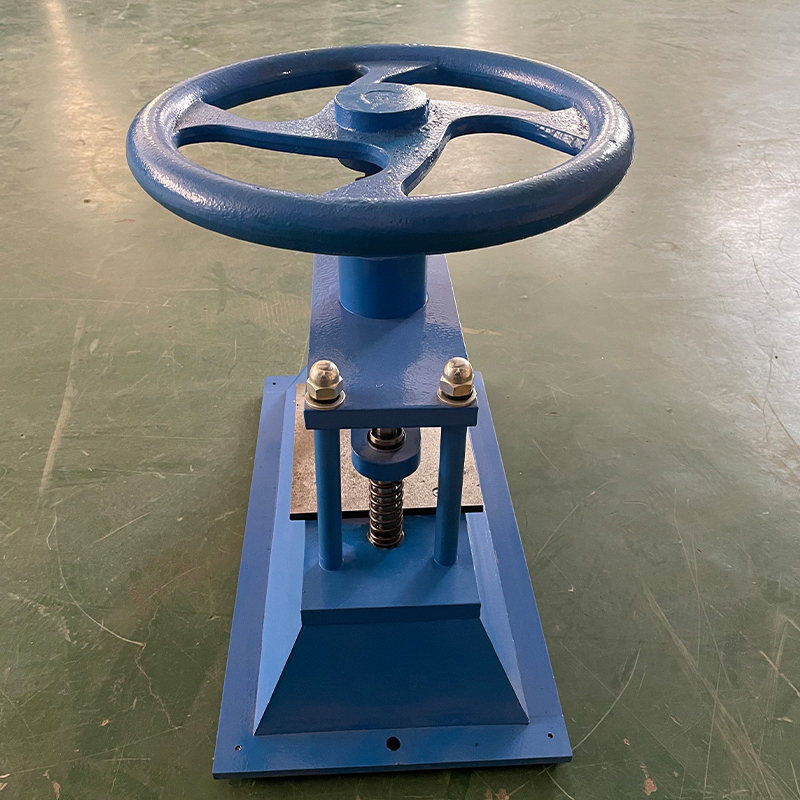Manufacturers of Resistance Measurement Equipment for Precision Testing and Quality Control
Understanding Resistance Measurement Equipment A Glimpse into the Factory
In today’s technologically advanced world, precision and accuracy in measurements are paramount, especially when it comes to electrical components. Among the vital tools in the electrical engineering and manufacturing sectors is resistance measurement equipment. These devices play a crucial role in ensuring the quality and reliability of electrical products. In this article, we will explore the significance of resistance measurement equipment and provide a behind-the-scenes look at how these tools are manufactured in the factory.
The Importance of Resistance Measurement
Resistance measurement is fundamental in electrical engineering as it helps determine the ability of a material to resist the flow of electric current. The resistance of a component affects its performance and efficiency. A well-calibrated measurement tool ensures that engineers and technicians can diagnose issues, perform quality checks, and follow safety protocols.
In various applications, from consumer electronics to industrial machinery, knowing the resistance value of components like resistors, capacitors, and inductors can be the difference between success and failure. For instance, a low resistance might indicate a short circuit, while a high resistance could signal an open circuit. Thus, effective resistance measurement can prevent equipment malfunction, leading to safer and more reliable operation.
Types of Resistance Measurement Equipment
Factories utilize various types of resistance measurement equipment to cater to diverse needs. Some common devices include
1. Digital Multimeters (DMM) These handheld devices are versatile and can measure voltage, current, and resistance. DMMs are widely used for both fieldwork and laboratory settings due to their ease of use and reliability.
2. Micro-Ohmmeters These specialized devices are designed to measure very low levels of resistance with high accuracy. They are essential in applications where low resistance connections are critical, such as in the power industry.
3. LCR Meters Standing for Inductance (L), Capacitance (C), and Resistance (R), these meters measure the electrical properties of passive components. They are a staple in quality control processes in manufacturing.
4. Resistance Bridges These are used for precise measurement of resistance, especially in laboratory settings where the accuracy of results is paramount.
resistance measurement equipment factory

The Manufacturing Process
The production of resistance measurement equipment involves meticulous attention to detail, precision engineering, and adherence to strict quality standards. Here’s an overview of the typical manufacturing process in a factory
1. Design and Development Engineers create detailed designs that incorporate the latest technologies and materials. Computational simulations help refine these designs before moving to the prototyping phase.
2. Component Sourcing High-quality components are sourced from trusted suppliers. This may include resistors, capacitors, microchips, and probes, which are critical for ensuring the precision of the equipment.
3. Assembly Skilled workers or automated machines assemble the components according to the devised specifications. Each assembly line may handle different types of equipment tailored to specific industry needs.
4. Calibration and Testing Once assembled, each device undergoes rigorous calibration and testing to ensure accuracy and reliability. This process may include comparison against standard values and the use of controlled testing environments to simulate various conditions.
5. Quality Control Before products leave the factory, they must pass quality control checks. This includes thorough inspections and compliance with international standards.
6. Packaging and Distribution After passing all tests, the equipment is carefully packaged to prevent damage during transport. They are then distributed to retailers or directly to clients in various industries.
Conclusion
Resistance measurement equipment is an integral part of modern electrical engineering, ensuring the functionality and safety of countless devices and systems. The factory process behind these tools demonstrates the complexity and attention to detail required to manufacture reliable instruments. From design to distribution, each step is crucial in creating a product that meets the high standards of precision and accuracy needed in today’s fast-paced technological landscape. As technology continues to evolve, so too will the methods and equipment we use to measure resistance, reflecting the ongoing commitment to quality and innovation in the field of electrical engineering.
-
Why the Conductor Resistance Constant Temperature Measurement Machine Redefines Precision
NewsJun.20,2025
-
Reliable Testing Starts Here: Why the High Insulation Resistance Measuring Instrument Is a Must-Have
NewsJun.20,2025
-
Flexible Cable Flexing Test Equipment: The Precision Standard for Cable Durability and Performance Testing
NewsJun.20,2025
-
Digital Measurement Projector: Precision Visualization for Modern Manufacturing
NewsJun.20,2025
-
Computer Control Electronic Tensile Tester: Precision and Power for the Modern Metal Industry
NewsJun.20,2025
-
Cable Spark Tester: Your Ultimate Insulation Assurance for Wire and Cable Testing
NewsJun.20,2025
 Copyright © 2025 Hebei Fangyuan Instrument & Equipment Co.,Ltd. All Rights Reserved. Sitemap | Privacy Policy
Copyright © 2025 Hebei Fangyuan Instrument & Equipment Co.,Ltd. All Rights Reserved. Sitemap | Privacy Policy
